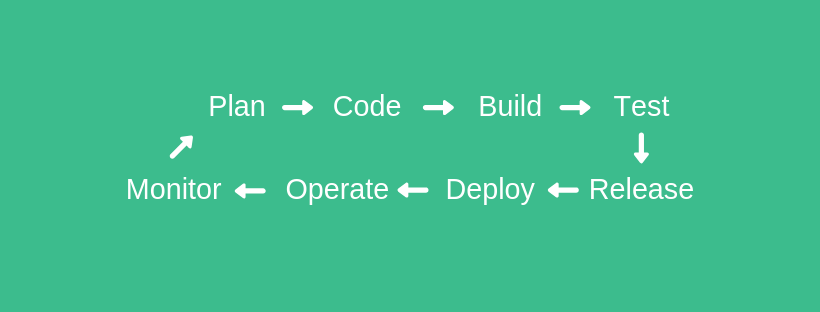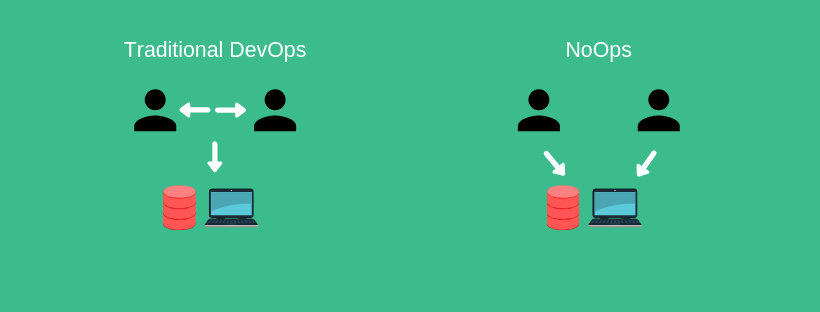What Every Dev Company Needs to Know about NoOps Development
Original Source: https://www.sitepoint.com/noops-development/?utm_source=rss

It seems like everything is getting automated these days.
And I mean everything.
Who would’ve thought that we’d be automating development teams, though?
69% of development companies agree that process and automation improvement is a top priority, so it makes sense we’re heading in this direction.
This rise of automation has formed a new development model known as NoOps, which stands for no operations.
The name means that this approach involves no operations input, cutting out the “operate” step of the continuous development model.

That’s right. The developers are capable of launching, testing, and fixing apps on the fly without any interruptions or downtime.
Follow along as I further cover what NoOps is, the benefits of using it, and how to implement it.
What is NoOps?
NoOps is a new development approach that involves relieving developers of needing to constantly work with operations members, speeding up deployment time, testing, and workflow.
It stems from the previously popular model of developers and operations teams working closely called DevOps.
Instead of working together, service providers give development teams the proper cloud infrastructure, patching, backups, and resources to work on their own.

That means programmers no longer require feedback and approval during development, and can operate completely independently.
This also allows the operations department of a company to focus on what they do best: project management, talent acquisition, and so on.
However, NoOps is typically most beneficial for startups that begin with this continuous development model. It is much more difficult to switch to NoOps when you have existing environments, pipelines, and deployment procedures.
As an example, NoOps does not work well for enterprises that are still stuck with a monolithic legacy application. This would require a re-write of most of their codebase to make it fit with the NoOps ideology.
Additionally, if a company adopts NoOps later in the business cycle, they may have to shrink the size of their operations team.
If a startup launches with a NoOps model from the beginning, they have the potential of staying lean for longer. The saved resources can be put towards other aspects of business growth, like marketing.
What Are the Benefits of NoOps?
There are many benefits to be gained by adopting a NoOps model. The first of which is that it maximizes development time.
The post What Every Dev Company Needs to Know about NoOps Development appeared first on SitePoint.

Leave a Reply
Want to join the discussion?Feel free to contribute!